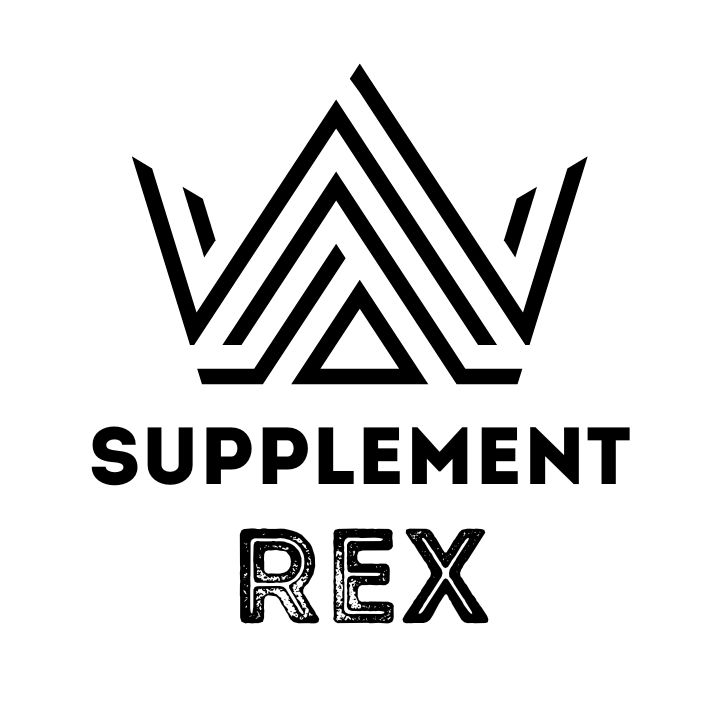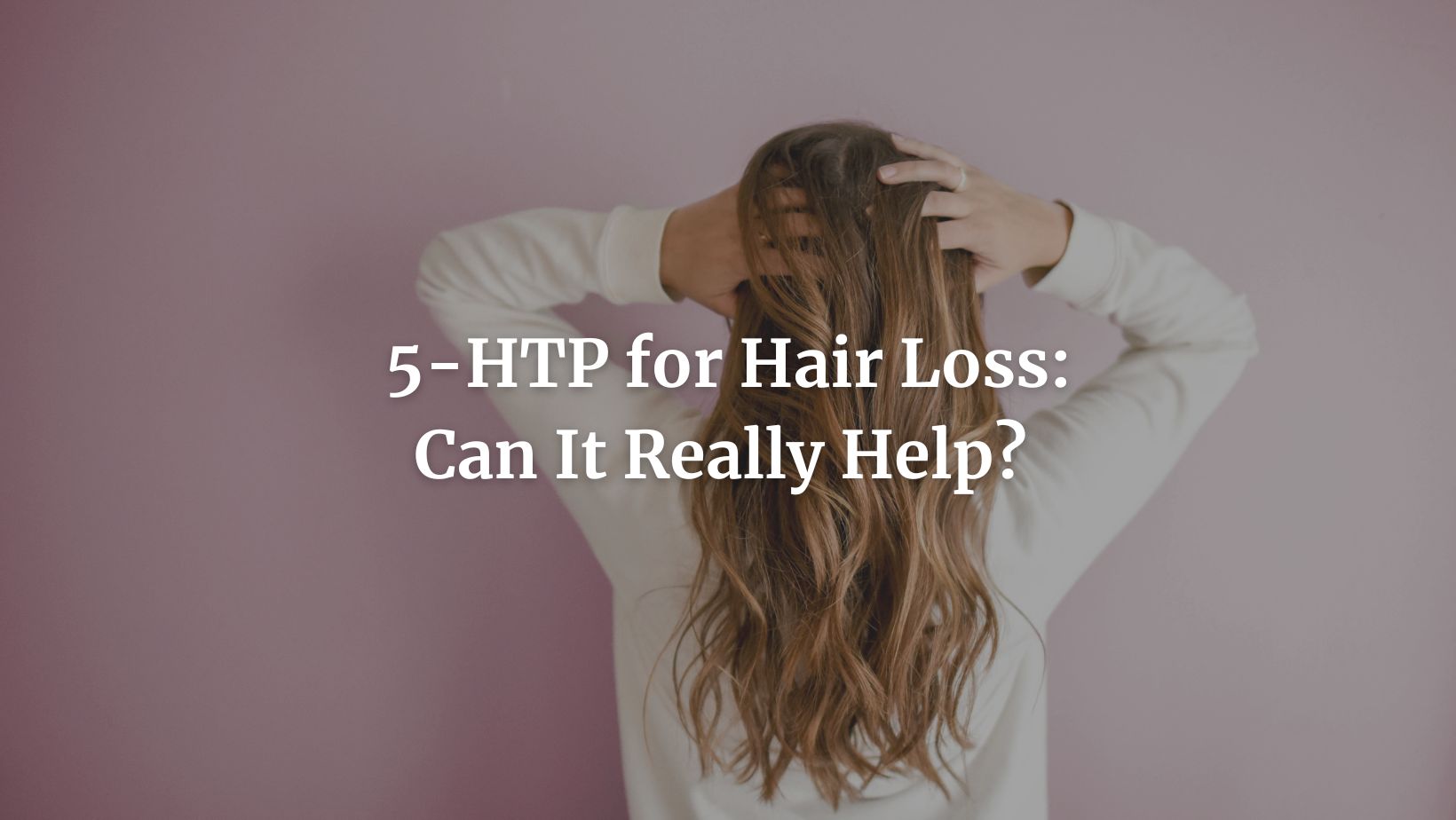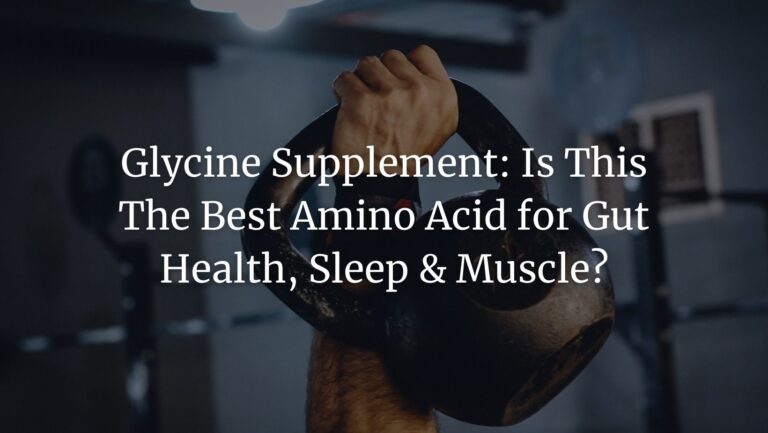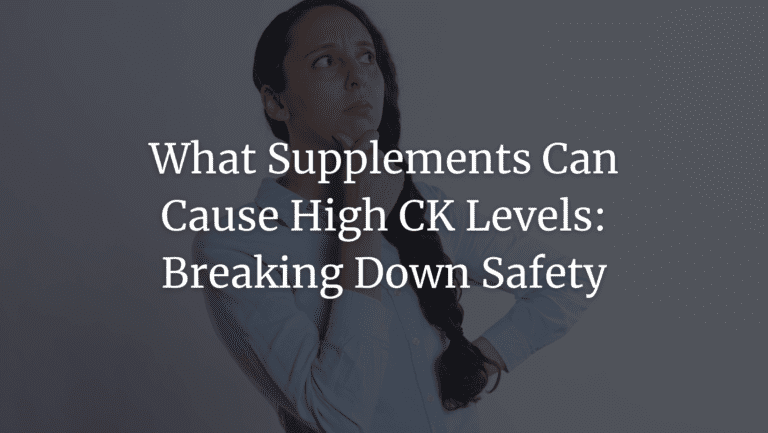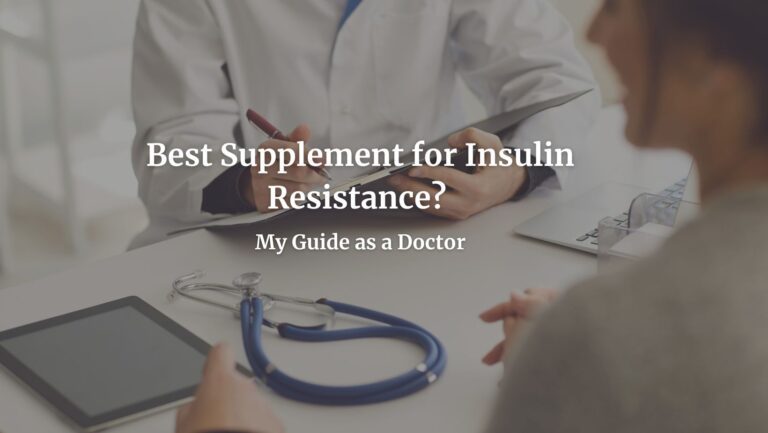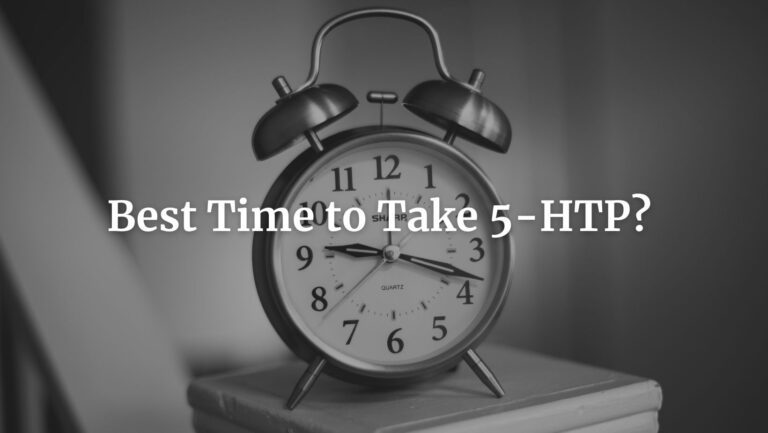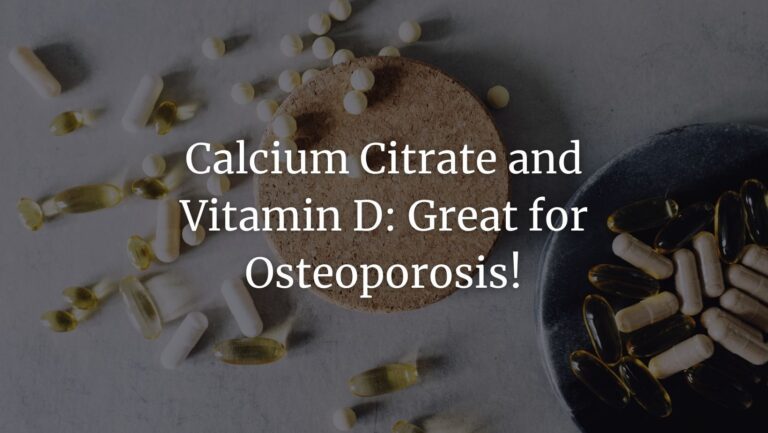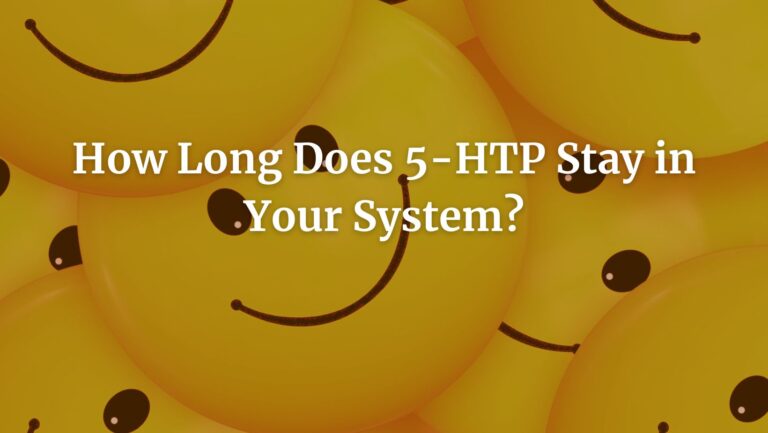5-HTP for Hair Loss: Can It Really Help?
Would you like to boost your serotonin? The 5-HTP supplement may help and bring better mental health, weight loss support, migraine relief … and maybe help with hair loss? In this article from the 5-HTP series we’ve been doing lately, we cover this little-known potential benefit.
Are you getting worried about your hair? Thinning, bald spots, a little too much hair in the drain… While factors like genetics, age, and hormonal imbalances are the usual suspects, there’s another player in the game that’s less talked about and that’s mental health. 5-HTP for hair loss may be able to help there… but is the science really enough? We’re taking a deep dive today:
Here for a quick answer? Here it is:
Yes, supporting mental health is important for hair loss. 5-HTP through serotonin could help there. But, no, 5-HTP isn’t likely to cause hair loss.
If you’re intrigued by the idea that a neurotransmitter could be influencing your hair health, read on. I will go into:
- How 5-HTP affects serotonin levels
- Why serotonin impacts hair growth
- What you can do to optimise these factors for a fuller, healthier mane (spoiler alert: no, it’s not just supplementing 5-HTP).
But, before we dive in, the obligatory disclaimer. Yes, I am a medical doctor and yes, I do my best to give you science-backed info. However, this is not medical advice and you really, really shouldn’t listen to me over a healthcare practitioner in your life. Okay? Okay.
Here’s a roadmap for what’s ahead:
Table of Contents
What is 5-HTP?
5-Hydroxytryptophan, or 5-HTP for short, is an amino acid that serves as a building block for the neurotransmitter serotonin. Originating from the seeds of the Griffonia simplicifolia plant, 5-HTP supplements have gained popularity for their potential benefits – and I’ve covered them in detail before (check out the recent guide on the best time to take 5-HTP.) But here’s a quick recap here, too:
The Serotonin Connection
When 5-HTP enters the brain, it gets converted into serotonin with the help of another compound, vitamin B6. Serotonin is often dubbed the “feel-good” neurotransmitter because it plays a vital role in regulating emotions, sleep patterns, and appetite. However, its functions extend beyond just making you feel good; it also has a role in various physiological processes, including hair growth.
How Does the Serotonin-Hair Connection Work?
In some cases, serotonin can stimulate blood vessel dilation, improving blood flow to various parts of the body, including the scalp. Enhanced blood flow means better your hair follicles get more nutrients, which can support hair growth and potentially counteract hair loss.
However, there is also another possibility. Hair loss has been reported as a rare side effect of some antidepressants. This group of drugs also boosts serotonin. Scientists suspect the chemical then turns into melatonin in skin – and the melatonin messes up the hair cycling balance.
When it comes to 5-HTP, the boost in serotonin isn’t likely to be enough to cause hair loss. However, keep in mind this is a supplement – and supplements get less research than drugs. If you are experiencing some unexpected hair loss, please stop the 5-HTP and talk to a doctor.
The Role of Serotonin in Hair Growth
So… 5-HTP can both help and worsen hair loss? Yes, but there is more to it. Here’s more information on the role of serotonin and why increasing it may still be important for hair growth
Serotonin Deficiency and Its Consequences
A lack of serotonin has been linked to a range of health issues, including depression and anxiety disorders. These mental health conditions are not just detrimental to your emotional well-being; they can also have physical repercussions, one of which is hair loss.
The Science Behind It
Hair loss in itself is a stressful and often psychologically damaging issue. When we add mental health concerns to the risk, the relationship becomes bi-directional. In other words, depression can make hair loss worse… which can, in turn, make depression worse.
And, you don’t have to struggle with clinical depression to face hair loss.
Stress is a known factor that can exacerbate hair loss, and serotonin plays a role in stress regulation. When you’re stressed, your body releases cortisol, a hormone that can negatively impact hair growth by weakening hair follicles. Going back to serotonin, cortisol actually increases serotonin uptake, meaning you have less of the “happy hormone” available when you’re stressed out.
What Should You Do About It?
“Low” serotonin is a very broad term and it’s in fact a topic of debate even for clinical conditions. But, we do know calm, happy people tend to suffer from hair loss less.
So, if you suspect a mental health challenge may be behind your follicular struggles, take time to recharge and recover. This can mean different things for different people – for some, it’s as simple as a new haircut or working out more (exercise is known to boost serotonin). For others it can be trickier and require help from a mental health professional. Don’t delay reaching out – counselling is one of the best ways you can support your mental health, which can, in turn, boost your physical well-being, too.
Vitamin D: The Unsung Hero
While 5-HTP and serotonin often steal the spotlight when discussing mood and physiological processes like hair growth, there’s another key player that deserves attention—Vitamin D.
The Serotonin-Vitamin D Connection
Vitamin D plays a pivotal role in the synthesis of serotonin. It regulates the enzymes that convert the amino acid tryptophan into serotonin. In simpler terms, adequate levels of Vitamin D can enhance your body’s ability to produce serotonin, which, as we’ve discussed, is crucial for healthy hair growth.
Vitamin D Is Also Key for Hair Growth
Research shows that Vitamin D receptors are present in hair follicles. These receptors interact with Vitamin D to stimulate hair growth and may even help in the treatment of conditions like alopecia areata, a form of hair loss. A deficiency in Vitamin D can lead to suboptimal serotonin levels, thereby affecting not just your mood but also your hair’s health.
Here’s How to Boost Your Vitamin D… For Hair Growth & Beyond
With the colder months upon us, maintaining healthy vitamin D levels can support more than your healthy locks. Here are the three main ways to do that:
- Sun Exposure: Spend some time outdoors to naturally boost your Vitamin D levels. Just 10-15 minutes of sun exposure can make a difference.
- Dietary Sources: Incorporate foods rich in Vitamin D like fatty fish, fortified cereals, and eggs into your diet.
- Supplementation: If you’re unable to get enough Vitamin D through natural sources, consider taking a supplement after consulting with a healthcare provider.
But what if you’re vegan and in a Northern country?
For those who follow a vegan lifestyle, getting adequate Vitamin D can be a challenge, as many food sources are animal-based. However, lichen-derived Vitamin D supplements offer a plant-based alternative – I highly recommend you consider them if you aren’t getting enough sunshine during a certain period of the year.
Taking Control of Your Hair Health
Now that we talked about the biochemical and psychological factors that influence hair growth, let’s turn that into actionable steps you can take to improve your hair’s health.
Balanced Diet for Serotonin Boost
You need good fuel for your system to run – and serotonin is no exception. Here are two important factors for serotonin-friendly eating:
- Foods Rich in Tryptophan: Incorporate foods like turkey, eggs, and cheese that are high in tryptophan, the precursor to 5-HTP and serotonin. You can consider the 5-HTP supplement to support your levels.
- Vitamin B6 Sources: Foods like bananas and avocados are rich in Vitamin B6, which aids in the conversion of 5-HTP to serotonin.
Learn more about eating for a serotonin boost in this great YouTube video (I’m not affiliated with them – I just like the approach):
Vitamin D Optimization
When it comes to the sunshine vitamin, remember what we talked about. Sunshine is the best source but here are the two others during the less-than-ideal-for-sunbathing months:
- Fortified Foods: Opt for fortified cereals and plant-based milk as a dietary source of Vitamin D.
- Supplementation: If natural sources are insufficient, consider Vitamin D supplements, especially during the winter months when sun exposure is limited. Remember,
Stress Management
Finally, remember the stress – mind- hair loss connection. To mitigate the effects of daily stress, here are my two best strategies:
- Physical Exercise: Regular physical activity is proven to reduce cortisol levels and boost serotonin.
- Mindfulness Practices: Meditation and deep-breathing exercises can help manage stress, thereby reducing cortisol levels.
Final Thoughts
There is an intricate relationship between 5-HTP, serotonin, and hair loss – and, frankly, it’s complex and bi-directional. As we learn more about mental health and hair loss, try to build your routine holistically. Mental health is health and naturally it will impact the physical. Consider ways to optimize your mental health and, who knows, maybe even your hair will get its bounce back.
